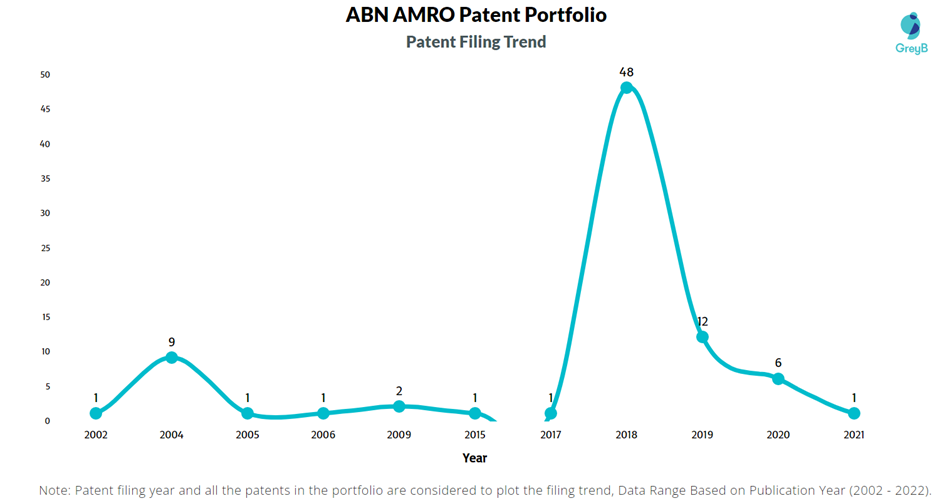Understanding Google Search's AI Mode: Benefits And Challenges

Table of Contents
Google Search's AI mode leverages advanced algorithms to provide more comprehensive and context-aware search results than ever before. It goes beyond simply matching keywords; it understands the nuances of language and user intent to deliver more relevant and insightful information. This article aims to explore the benefits and challenges associated with this innovative approach to online search.
Benefits of Google Search's AI Mode
Enhanced Search Accuracy and Relevance
AI significantly improves the accuracy and relevance of search results by deeply understanding user intent. This goes beyond simple keyword matching; AI algorithms analyze the context of a query, considering factors like phrasing, synonyms, and even the user's search history.
- Improved context understanding: AI can discern the subtle differences in meaning between similar queries.
- More relevant results: You're more likely to find what you're looking for on the first page of results.
- Reduced irrelevant results: AI filters out less pertinent information, saving you time and frustration.
- Better handling of ambiguous queries: AI can interpret ambiguous search terms, providing more accurate results even when the query is unclear.
For example, searching for "jaguar" will now more reliably differentiate between the animal and the car, providing results tailored to the user's intended meaning.
More Comprehensive and Contextual Results
Google Search's AI mode provides richer, more informative results by synthesizing information from multiple sources. Instead of just listing links, AI can summarize key findings, present insights, and even directly answer complex questions.
- Summarization of information from multiple websites: AI can condense information from various sources, providing a concise overview.
- Presentation of key insights: AI highlights the most important information, making it easier to grasp complex topics.
- Improved featured snippets: AI-powered featured snippets provide concise answers directly on the search results page.
- Direct answers to complex queries: AI can synthesize information to answer multifaceted questions, avoiding the need for extensive browsing.
For instance, asking "What are the causes of climate change?" might yield a concise summary of the key factors, drawn from multiple reputable scientific sources, rather than simply a list of related websites.
Personalized Search Experience
AI personalizes the search experience by tailoring results to individual user preferences and search history. This leads to increased efficiency and a more satisfying search experience.
- Tailored search results: Results are ranked based on your past searches and interests.
- Recommendations based on past searches and interests: You receive suggestions that align with your typical search patterns.
- Increased efficiency in finding information: You find what you need faster, with less scrolling and clicking.
For example, if you frequently search for recipes, AI might prioritize culinary websites and related content in your future searches.
Challenges of Google Search's AI Mode
Potential for Bias and Misinformation
While AI offers significant benefits, it's crucial to acknowledge potential drawbacks. AI algorithms are trained on massive datasets, and if these datasets contain biases, the AI can perpetuate and even amplify those biases in its search results.
- Risk of biased search results: Results might reflect existing societal biases, potentially marginalizing certain perspectives.
- Difficulty in detecting and filtering misinformation: AI struggles to reliably distinguish between accurate and false information.
- Lack of transparency in AI decision-making: It can be difficult to understand how AI arrives at specific search results.
For example, a biased dataset might lead to disproportionate representation of certain viewpoints or underrepresentation of others in the search results.
Dependence on Data Quality and Algorithm Accuracy
The effectiveness of AI-powered search hinges on the quality of the data it's trained on and the accuracy of its algorithms. Inaccurate or incomplete data can lead to misleading or incorrect search results.
- Impact of inaccurate data on search results: Incorrect information in training data can result in unreliable search outcomes.
- Challenges in maintaining data accuracy: Ensuring the ongoing accuracy and completeness of vast datasets is a significant undertaking.
- Potential for algorithm errors: Like any complex system, AI algorithms are susceptible to errors and unexpected behavior.
For instance, if the training data contains outdated or incorrect information about a particular topic, the AI might present misleading search results.
Privacy Concerns
Personalized search, while beneficial, raises privacy concerns related to the collection and use of user data. The more AI learns about your search behavior, the more crucial it is to address these issues.
- Collection and use of user data: AI-powered search involves collecting and analyzing extensive user data.
- Potential for misuse of personal information: There's a risk of this data being misused or falling into the wrong hands.
- Importance of transparency and user control: Users need transparency about how their data is used and the ability to control their privacy settings.
For example, users should have the ability to opt out of personalized search or to control the type of data collected.
Conclusion
Google Search's AI mode offers significant advantages, enhancing search accuracy, providing more comprehensive results, and personalizing the user experience. However, potential challenges related to bias, data quality, and privacy must be carefully addressed. Understanding both the benefits and limitations of Google Search's AI mode is crucial for effective and responsible information seeking. As Google Search's AI mode continues to evolve, understanding its benefits and challenges is vital. Stay informed about the latest advancements in Google Search's AI mode and share your thoughts on its impact!

Featured Posts
-
 Blake Lively And Recent Alleged Incidents Fact Or Fiction
May 22, 2025
Blake Lively And Recent Alleged Incidents Fact Or Fiction
May 22, 2025 -
 Exclusive The It Ends With Us Legal Battle And Its Impact On Taylor Swift And Blake Lively
May 22, 2025
Exclusive The It Ends With Us Legal Battle And Its Impact On Taylor Swift And Blake Lively
May 22, 2025 -
 Abn Amro Under Scrutiny For Bonus Practices
May 22, 2025
Abn Amro Under Scrutiny For Bonus Practices
May 22, 2025 -
 Large Zebra Mussel Population Found On Casper Residents Boat Lift
May 22, 2025
Large Zebra Mussel Population Found On Casper Residents Boat Lift
May 22, 2025 -
 The Goldbergs Exploring The Shows Popular Recurring Jokes
May 22, 2025
The Goldbergs Exploring The Shows Popular Recurring Jokes
May 22, 2025
Latest Posts
-
 Duong Va Cau Ket Noi Binh Duong Tay Ninh Dia Diem And Huong Dan
May 22, 2025
Duong Va Cau Ket Noi Binh Duong Tay Ninh Dia Diem And Huong Dan
May 22, 2025 -
 Khoi Cong Cau Ma Da Ket Noi Giao Thong Dong Nai Binh Phuoc Thuan Loi Hon
May 22, 2025
Khoi Cong Cau Ma Da Ket Noi Giao Thong Dong Nai Binh Phuoc Thuan Loi Hon
May 22, 2025 -
 Duong Cao Toc Dong Nai Vung Tau Du Kien Thong Xe 2 9
May 22, 2025
Duong Cao Toc Dong Nai Vung Tau Du Kien Thong Xe 2 9
May 22, 2025 -
 At Be X Ntt Multi Interconnect Ascii Jp
May 22, 2025
At Be X Ntt Multi Interconnect Ascii Jp
May 22, 2025 -
 He Thong Giao Thong Lien Ket Binh Duong Va Tay Ninh
May 22, 2025
He Thong Giao Thong Lien Ket Binh Duong Va Tay Ninh
May 22, 2025
